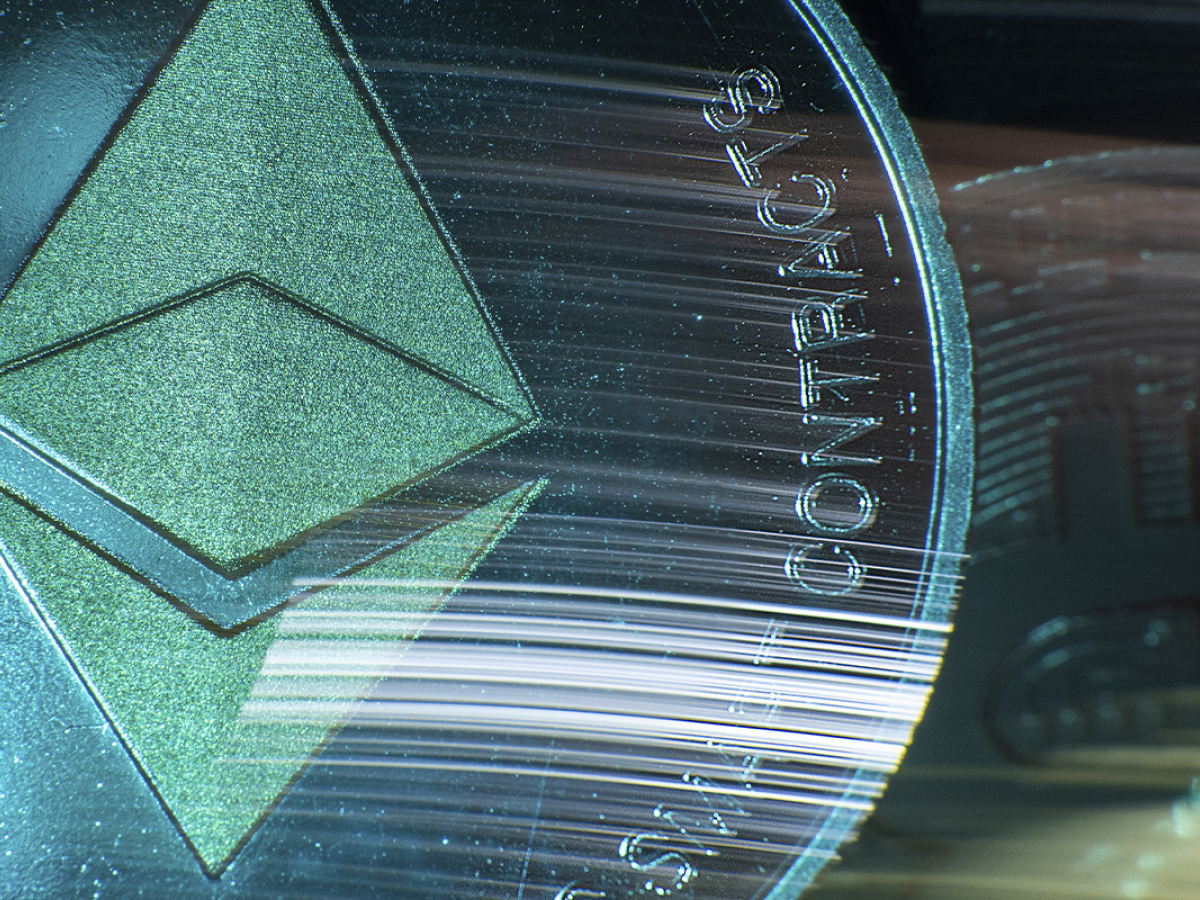
Ethereum might launch new transaction type to reduce gas fees: details
In a recent TweeterEthereum co-founder Vitalik Buterin mentioned a hard fork in the near future that could provide better scalability for rollups before full sharding is complete.
According to JP Morgan’s strategists in an early January report, the last phase of sharding, which is critical for scaling the network, may not occur until 2023. It appears that full scaling will take at least a year, meaning that it will take some time.
A recent Ethereum note shared by Ethereum developer Tim Beiko notes that transaction fees on Ethereum L1 have been very high for months, and there is more urgency to do whatever it takes to help support a migration to ecosystem scale to rollups.
Rollups are thought to be the sole trustless scaling solution for Ethereum in the short and medium term, and maybe in the long term. Although rollups drastically lower fees for many Ethereum users, these prices may appear to the average ETH user to be prohibitively expensive.
Remarkably, the Optimism and Arbitrum rollups frequently provide nearly 3-8x lower fees than the Ethereum base layer itself, and the ZK rollups, which have better data compression and can avoid including signatures, have costs nearly 40 to 100 times lower than the base. lying down.
Buterin claims that plans for a near-future hard fork to introduce “blob-carrying transactions” that would improve rollup scalability are already in the works. By implementing the transaction format that would be used in sharding but not actually sharding those transactions, this EIP would provide a stop-gap solution until the moment at which the transaction format would be utilized in sharding.
This gives rollups temporary scaling relief by allowing them to scale up to 2MB per slot, with a separate fee market to keep rates low while usage is limited.
Sharding and the long-term solution
Data sharding, which would add almost 16 MB per block of dedicated data space to the chain that rollups may use, has always been Ethereum’s long-term solution to the long-term inadequacy of rollups.
Data sharing, on the other hand, will take a long time to complete the implementation and distribution.
Sharding has been a concept since Ethereum’s inception in 2013, and it is set to be implemented as part of Ethereum’s latest proof-of-stake update.


















